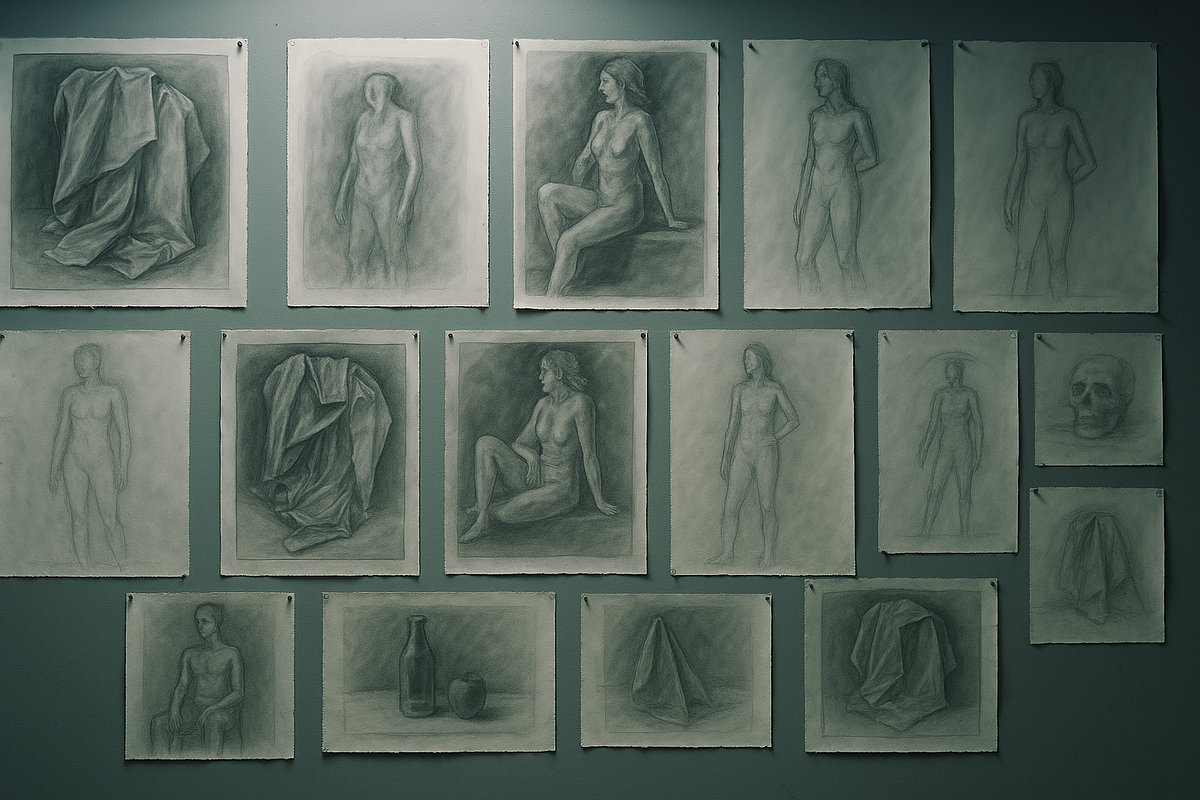
"Somebody who dresses well is often considered to have great taste, but what does that really mean? Is it something born within us, or is it developed over time? Despite deep respect for people with good fashion sense, there's a truth that often floats above the mystique of someone's innate ability to look sharp: To dress well is to dress appropriately. In other words, forethought to context (e.g. an incoming rainstorm) often plays a part in the senses people see in us."
"When I was in art school, we used to have some bang-out critiques - some real barn burners, if you want to know. Unlike my business-credit-taking dorm buddies, fine art studio sessions were often three-hour jams that culminated in everyone hanging up their work for stark and uncomfortable examination. We learned techniques from the old masters to create wonderful studies of light and shadow on objects, scenes, and eventually the human figure, culminating with ourselves in portrait."
The word "taste" is frequently invoked among designers as a defense against automation. Taste is often conflated with fashion and perceived as innate, but dressing well primarily means dressing appropriately for context. Thoughtful attention to circumstances and practical needs shapes perceptions of taste. In design, what people mean by taste is accumulated experience that yields judgment and arbitration, developed over time. Intensive studio critiques and technical training cultivate the ability to assess light, shadow, and form. Hands-on techniques—like using sandpaper to create mid-tones and building values with charcoal and erasers—teach observational skill and informed decision-making.
Read at Medium
Unable to calculate read time
Collection
[
|
...
]